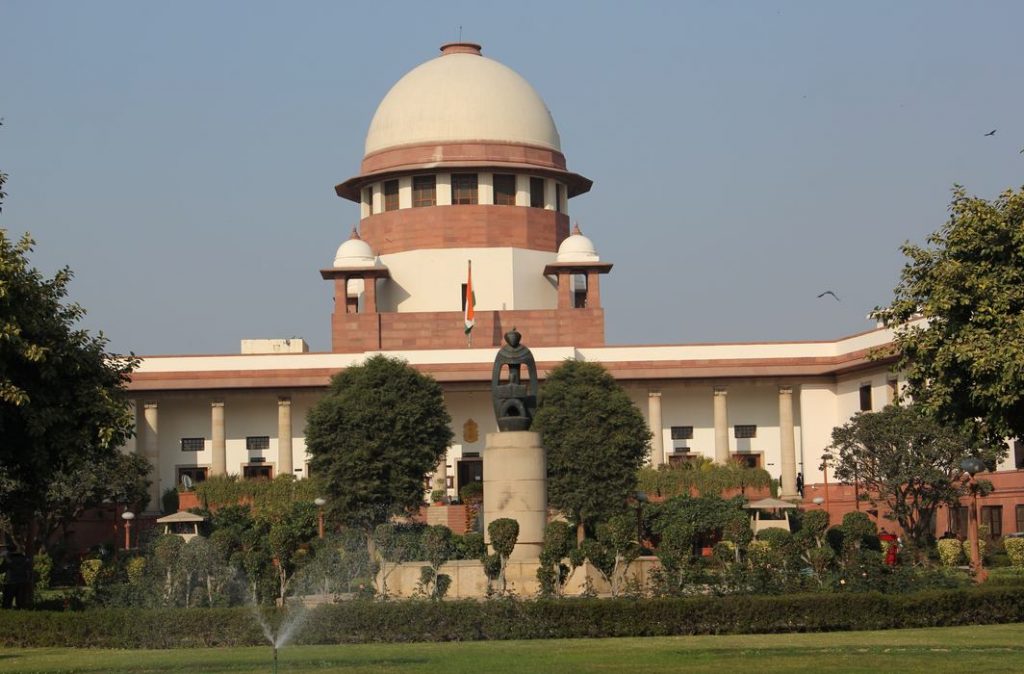NEW DELHI, August 27: The Supreme Court has refused permission for carrying out Muharram procession on Saturday saying a general direction for the entire country would lead to chaos and possible spread of COVID resulting in a particular community getting targeted.
The bench headed by Chief Justice S A Bobde and comprising Justices A S Bopanna and V Ramasubramanian asked the Lucknow-based Shia leader Syed Kalbe Jawad to approach the Allahabad High Court with the limited prayer of holding the procession in Lucknow.
“You are asking for a general order and then if we allow this there will be chaos. Particular community will be targeted for spreading COVID. We don’t want that. We as a court cannot risk the health of all the people,” the bench, which heard the matter through video conferencing, said.
As the petitioner’s lawyer sought to refer to the Supreme Court’s order allowing Jagannath Rath Yatra in Puri drawing parallel with the Muharram procession, the bench said that case was an entirely different one.
“Jagannath Puri case was one specific place where Rath was to go from point A to point B. If it was one specific place, we can assess the danger and so we passed that order. That is not the case here,” said Bobde.
“We cannot pass general orders. It is not possible to give general directions,” added the bench. “It will create chaos and a particular community will be targeted for spreading Covid-19.”
The bench further said the court would not pass orders that could risk health of so many people. It allowed the petitioner to withdraw the petition with the liberty to approach the high court with limited prayer of holding procession in Lucknow.
The apex court’s remark comes nearly a week after the Aurangabad Bench of the Bombay High Court stated that the members of Tablighi Jamaat were made “scapegoat” and that the action against them was an “indirect warning to Indian Muslims” after the protests against the Citizenship (Amendment) Act.
“A political government tries to find a scapegoat when there is a pandemic or calamity and the circumstances show that there is a probability that these foreigners were chosen to make them a scapegoat,” the court had said, in its order on three separate petitions by the 29 foreigners, charged with violating their visa terms and Epidemic Act guidelines, and the six Indians accused of granting them shelter in Ahmednagar district of Maharashtra.
The Jamaat was in news in March after the Nizamuddin Markaz emerged as a hotspot. As many as 955 foreigners were charge-sheeted by Delhi Police for allegedly violating Visa conditions, indulging in missionary activities and not following the government’s COVID guidelines.
Recently, a Delhi court discharged eight members of the Tablighi Jamaat who were facing trial at Saket district court, stating that there was “no prima facie evidence” against them. On June 16, the Madras High Court had also granted bail to 31 Jamaat members from abroad, asking the government to facilitate their return. “Instead of doing so, if the respondents insist on detaining the petitioners and prosecuting them, it can only be characterised as unreasonable, unjust and unfair,” the court had noted.
(Manas Dasgupta)

